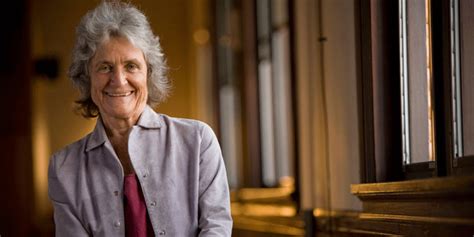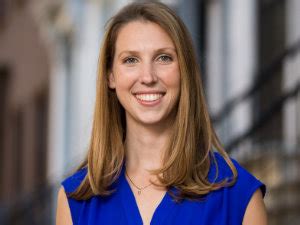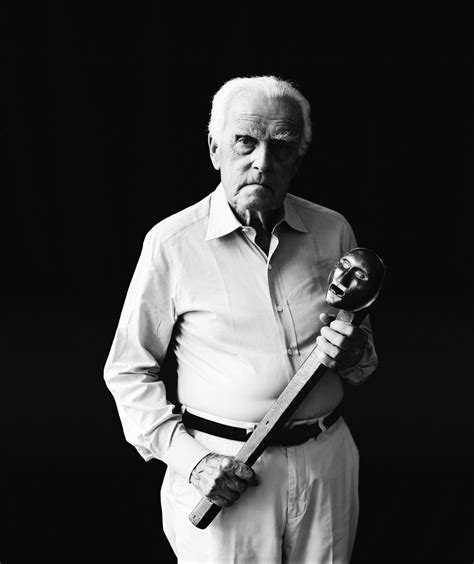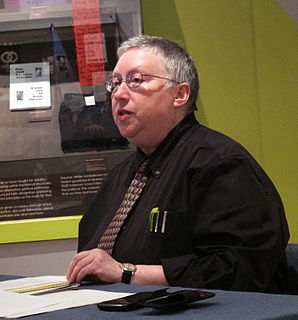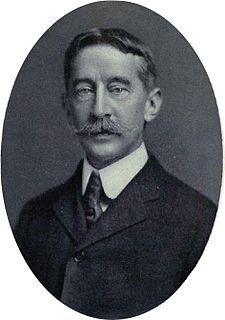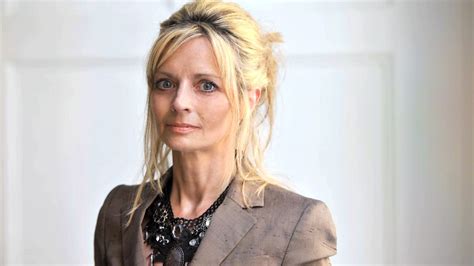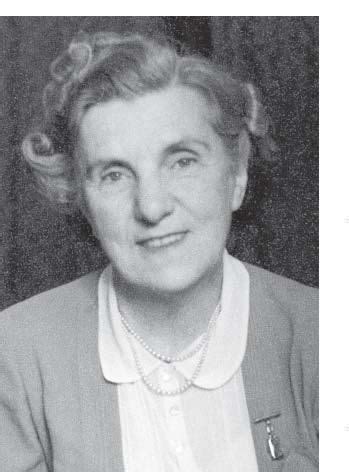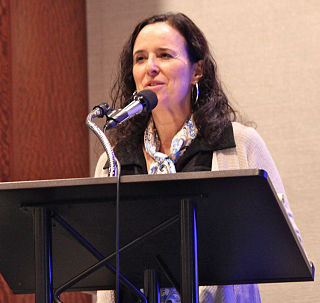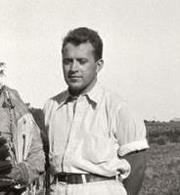A Quote by Talal Asad
I think we need to think about Islamic tradition as a way of asking questions that cut across (and transgress) the assumptions of a purely secular world in which we already know how things stand for individual subjects as well as for societies.
Related Quotes
Science is an intellectual journey, and to me, it's not the destination, it's the journeyto get there. It's a way of thinking and it's an intellectual curiosity, a desire to know how the world works, and to know what the fundamental principles of the world are, and to know our place in it. I think once we stop asking questions like "what is the age of the universe," or "how are the instructions of DNA carried out on a microscopic level," once we stop asking questions like that, we're dead.
The great philosophers of the 17th and 18th centuries did not think that epistemological questions floated free of questions about how the mind works. Those philosophers took a stand on all sorts of questions which nowadays we would classify as questions of psychology, and their views about psychological questions shaped their views about epistemology, as well they should have.
Lately, I'm thinking a lot about, in parenting and in my writing, how to create a language about sexism in a way that is attractive and approachable to this age group. I can teach my daughter about not talking to strangers but I can't teach her about how to succeed in a sexist world or even how to exist as a body in a sexist world. I want to begin by asking girls what they want and why they want it? Interrogating that. If this is the sex life you want, what makes you think you want that? I imagine the only way to authentically get at sexuality is by asking those questions.
If others tell us something we make assumptions, and if they don't tell us something we make assumptions to fulfill our need to know and to replace the need to communicate. Even if we hear something and we don't understand we make assumptions about what it means and then believe the assumptions. We make all sorts of assumptions because we don't have the courage to ask questions.
In the West nowadays, it's very common to talk about the Judeo- Christian tradition. It's a common term. The term is relatively modern but the reality is an old one. One could with equal justification talk about a Judeo-Islamic tradition or a Christian-Islamic tradition. These three religions are interlinked in many signification ways, which marks them off from the rest of the world. And I think there is a growing awareness of this among Christians and among Jews, and even to some extent to some Muslims. That's happening for obvious reasons.
I try to encourage people to think for themselves, to question standard assumptions... Don't take assumptions for granted. Begin by taking a skeptical attitude toward anything that is conventional wisdom. Make it justify itself. It usually can't. Be willing to ask questions about what is taken for granted. Try to think things through for yourself.
We know how to think. We know how to laugh. We know we're going to die, which gives us a lot to think about, and we have a need for, what I would call, "the transcendent" or "the numinous" or even "the ecstatic" that comes out in love and music, poetry, and landscape. I wouldn't trust anyone who didn't respond to things of that sort.
Sufis have always been those that have tried to purify the ethics of Islam and society. And they don't have their hands cut off from the external action at all. For example, the bazaar in which the Sufis were very strong always dominated economic life in Islamic world. They could give a much more sane and Islamic form of activity when the economic life of Islam moved out of the bazaar to new parts of Islamic cities with modernized Muslims, who took it in another light and it became very, very anti Islamic, and much against many of the most profound practices of Islamic societies.
I think, for me specifically when it comes to music, I don't think that I need any persuading to think about it. It's always kind of in the back of your mind and - but I think it's part of who I am and always will be, I mean, in a very cellular way. When you grow up doing, you know, one thing, I think you get to this place where you want to try new things. And I do think that we live in the type of world where people get comfortable with you in one way, and so seeing you in a different way, it takes some time.



